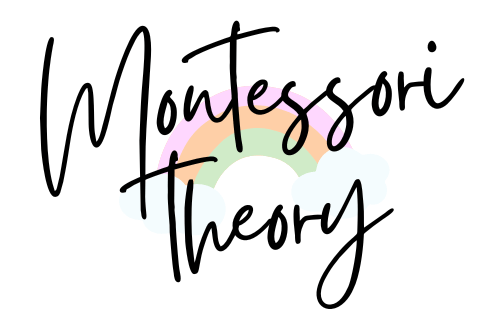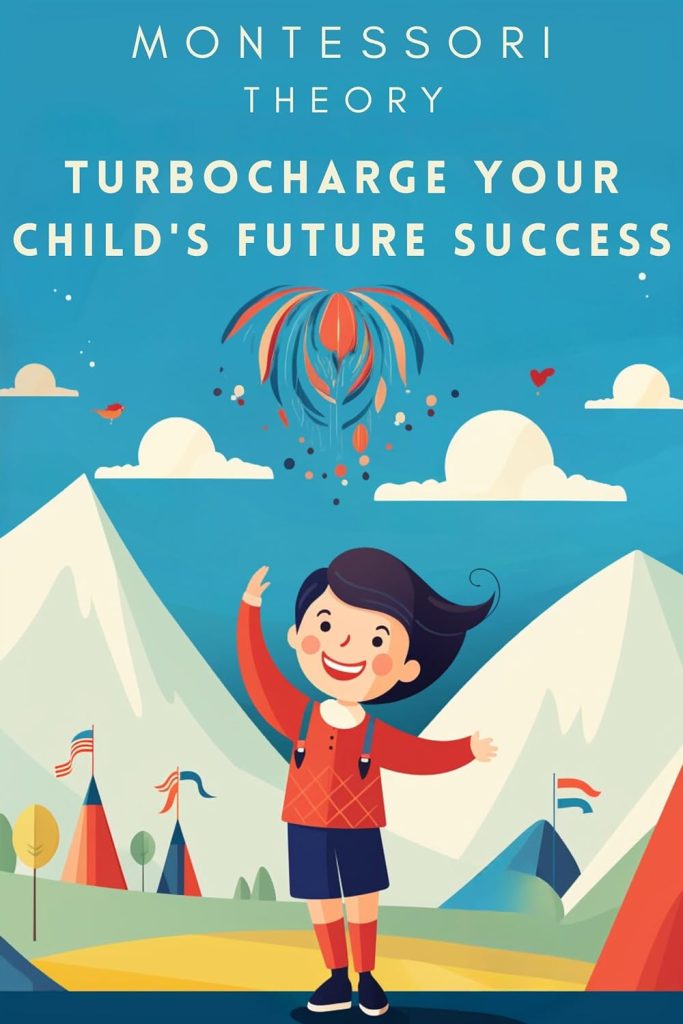The Montessori Theory, developed by Dr. Maria Montessori, is a method of teaching that focuses on nurturing a child’s innate desire to learn and grow. Central to this theory are six key principles: Independence, Observation, Following the Child, Correcting the Child, Prepared Environment, and Absorbent Mind. Montessori believed that by applying these principles across all ages, children could develop their full potential. This article will delve deeper into each principle, exploring their significance and application in a Montessori environment.
Introducing the Montessori Method and Maria Montessori
The Montessori Method, founded by Dr. Maria Montessori, is a progressive, child-centered approach to education that emphasizes the development of the whole child – intellectually, emotionally, socially, and physically. Born in Italy in 1870, Maria Montessori was a pioneer in her field, becoming the first female physician in Italy and dedicating her life to understanding and promoting the natural development of children. Through her extensive observations and research, she developed a unique educational method that focuses on fostering independence, self-directed learning, and individual growth. The Montessori Method continues to be widely adopted and celebrated worldwide, transforming the lives of countless children and shaping the future of education.
Maria Montessori Theory – Key Principles
The Maria Montessori Theory encompasses several key principles that form the foundation of the Montessori Method. By implementing these principles, the Montessori Method fosters a lifelong love for learning and personal growth.
-
Independence: Empowering Children for Success
Maria Montessori believed that fostering a child’s independence is crucial for building self-confidence and self-esteem. By providing children with opportunities to move, dress themselves, choose their activities, and participate in tasks typically reserved for adults, Montessori education encourages self-reliance. When children feel capable of succeeding independently, they develop a strong foundation for future learning and personal growth.
-
Observation: Understanding the Child’s Needs
Observation is a critical component of the Montessori Theory. Montessori herself learned about children and their development by observing them without preconceived notions. By attentively watching a child, parents and educators can identify the child’s needs, interests, and areas of development. This information can then be used to provide appropriate materials, activities, and support tailored to the child’s unique needs, ensuring a harmonious learning environment.
-
Following the Child: Supporting Natural Development
“Follow the child” is a central tenet of Montessori education. This means allowing children the freedom to choose their activities, explore their environment, and develop at their own pace. By respecting the child’s individual needs and interests, adults can support their natural development and foster a love for learning. Following the child also involves knowing when to intervene and setting appropriate limits to ensure a safe, respectful environment.
-
Correcting the Child: Teaching Through Mistakes
Montessori Theory emphasizes the importance of treating mistakes as learning opportunities, rather than occasions for punishment or humiliation. When a child makes a mistake, adults should respond calmly and provide guidance on how to rectify the situation. This approach encourages children to embrace challenges, learn from their mistakes, and develop resilience.
-
Prepared Environment: Creating a Space for Learning
A well-prepared environment is essential to Montessori education. The classroom should be designed to accommodate the child’s size, interests, and developmental needs. This includes providing a safe, inviting space where children can explore, move freely, and engage with materials that stimulate their curiosity. The adult’s role is to carefully construct and maintain this environment, recognizing that the child’s development depends on the quality of their surroundings.
-
Absorbent Mind: Harnessing a Child’s Innate Ability to Learn
Montessori observed that young children have an incredible capacity to learn and absorb information from their environment. She referred to this phenomenon as the “absorbent mind.” By creating a positive, engaging environment and exposing children to rich language and experiences, Montessori education takes full advantage of this natural learning ability. Recognizing the power of the absorbent mind emphasizes the importance of providing a nurturing, stimulating environment for young learners.
-
Auto-Education: Encouraging Self-Directed Learning
An essential component of the Montessori theory is the concept of auto-education, which emphasizes the child’s innate drive to learn and teach themselves when presented with engaging learning opportunities. Montessori materials are thoughtfully designed to support this self-directed learning process, enabling children to explore, discover, and grow at their own pace. In a Montessori setting, educators create a prepared environment and offer guidance and encouragement, while empowering children to take the lead in their own education. By nurturing this sense of auto-education, Montessori educators foster a strong foundation for lifelong learning and personal development.
-
Sensitive Periods: Capitalizing on Windows of Opportunity
Dr. Maria Montessori identified unique developmental stages, known as sensitive periods, during which children are particularly receptive to acquiring specific knowledge and skills. These sensitive periods represent crucial windows of opportunity for learning and growth. Children exhibit traits such as intense focus, dedication to tasks, repetitive actions, and prolonged concentration during these periods. By recognizing and capitalizing on sensitive periods, Montessori educators can effectively tailor their teaching approach, providing the most appropriate and engaging learning experiences that align with each child’s developmental stage.
The Role of the Teacher: Guiding and Supporting Learners
In a Montessori environment, the teacher plays a unique role as a guide and supporter rather than a traditional instructor. Teachers observe each child’s interests and needs, then provide appropriate materials and opportunities for exploration. They encourage independence and problem-solving while offering gentle guidance when needed. By fostering a respectful, collaborative relationship with the students, Montessori teachers empower them to take charge of their own learning journey.
Multi-age Classrooms: Encouraging Peer Learning and Collaboration
Montessori classrooms often consist of multi-age groups, which promote social interaction, collaboration, and peer learning. In these mixed-age settings, younger children benefit from observing and learning from their older peers, while older children develop leadership skills and a sense of responsibility. This arrangement creates a supportive community where children learn from one another and develop a deeper understanding of their roles in the group.
The Montessori Classroom: A Dynamic, Engaging Environment
The Montessori classroom is designed to be a dynamic, engaging environment that facilitates exploration and discovery. It is filled with hands-on materials and activities that cater to each child’s developmental stage and interests. The classroom is carefully organized into distinct areas, such as practical life, sensorial, language, mathematics, and cultural studies. This organization encourages children to move freely and choose activities that appeal to them, fostering their natural curiosity and promoting self-directed learning.


